
Starting June 1st, 2023 Our warehouse fee will be $0.65/cubic foot per month
In effort to lower the warehouse storage fee during inflation, we have went narrow aisle racking.This construction took us four months but the project is finally completed. With narrow aisle racking, we are able to drop storage by 24%.We as partners will go through this inflation together.
02/25/2024
Are you encountering challenges in managing your imports? Having a reliable shipper by your side to assist with your upcoming shipment could be exactly what you need. Importing goods involves numerous complexities, and with BCO logistics, you can be confident in the safety and security of transportation. Understanding BCO is crucial for those engaged in import-export business. Let's explore how BCO can streamline the freight process for you.
BCO shipping categorizes sea transportation into two primary channels: direct main channel and indirect main channel. Direct channels cater to large companies (large shippers), while indirect channels are tailored for small and medium-sized companies. Let's delve deeper into this concept with insights from Worldcraft Logistics LLC.
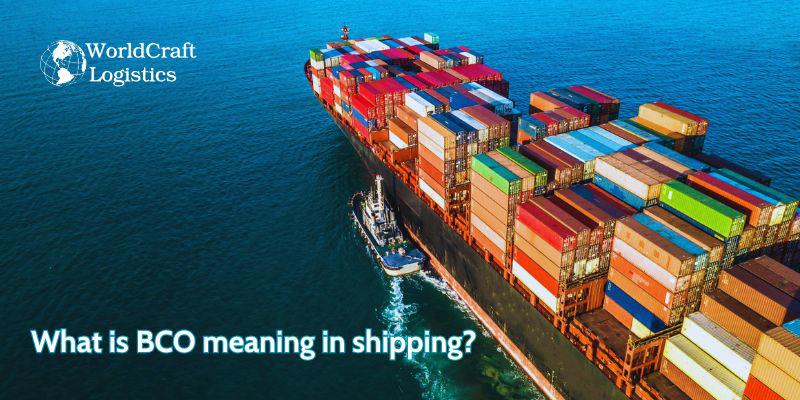
In the realm of shipping and logistics, BCO meaning Beneficial Cargo Owner. A BCO is essentially the party who owns the cargo or for whom the cargo is intended. Understanding the role of a BCO is crucial in comprehending various aspects of shipping operations.
BCOs play a significant role in shaping logistics strategies, as they are directly responsible for their cargo's transportation and delivery. By working closely with shipping companies and logistics providers, BCOs ensure that their goods reach their intended destinations efficiently and cost-effectively.
The term "BCO" holds immense importance in the shipping industry, signifying a key player in the supply chain process. From negotiating freight rates to overseeing cargo handling procedures, BCOs are pivotal in ensuring smooth and timely delivery of goods across borders.
Below are some other terms commonly used in logistics that you should not ignore:
👉 What is drayage? Meaning, Types & Cost in Logistics
👉 What is the CBM in shipping? How to calculate and specific examples
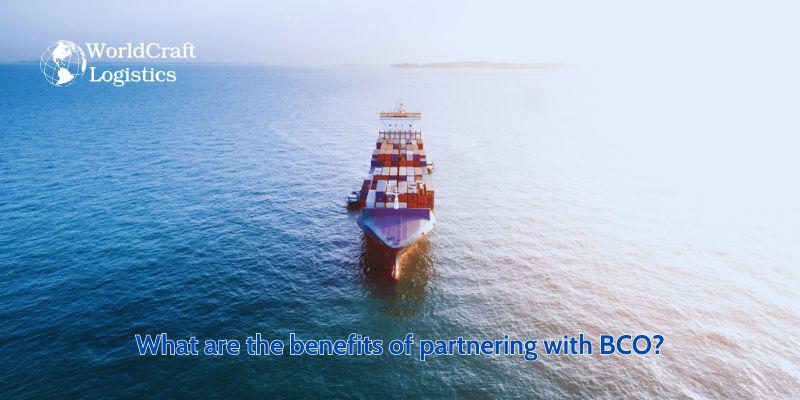
You know what does bco stand for, hiring a BCO (Beneficial Cargo Owner) for your freight transportation can offer several benefits to your business. Let's explore what they can provide:
Ensuring product safety is paramount, and BCOs play a crucial role in this aspect. By preparing a bill of lading and assuming responsibility for any loss during transit, they mitigate the risk of products being lost or misplaced due to negligence. This instills confidence in business owners that their packages will safely reach their final destination. In the event of any mishaps, BCOs take responsibility on behalf of the real owner, offering a direct avenue for negotiation or recourse in case of losses.
Another advantage of partnering with a BCO (Benefit Shipper) is enhanced communication with customers throughout the shipping process. From tracking shipments until they reach their destination, customers can stay informed, which is particularly valuable for both regular and infrequent shippers alike. BCOs leverage direct channels to expedite shipments and rely on their in-house logistics team to manage high-volume orders efficiently. They handle the exportation of goods on behalf of the company, effectively relieving businesses of the burdens associated with operating and managing the entire shipping process. Moreover, BCOs take charge of paperwork requirements, streamlining the logistical aspects for your company.
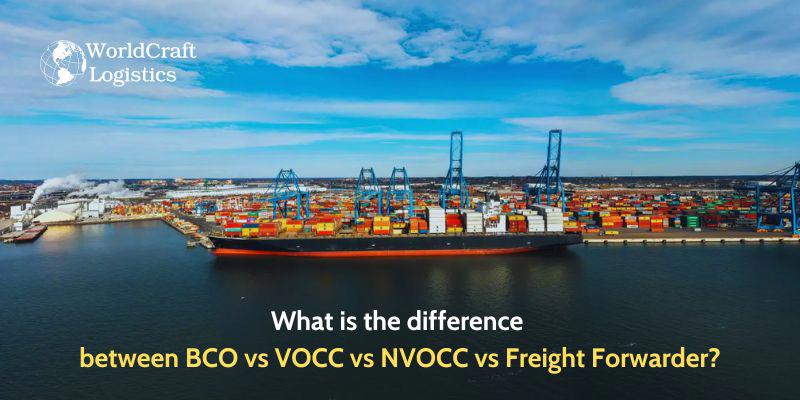
Understanding the distinctions between various transport freights can indeed be confusing, especially when encountering terms that sound similar to BCO. Allow us to clarify the differences:
Starting with VOCC, which stands for Vessel Operating Common Carrier. VOCCs are public maritime carriers that own their fleet of vessels. They are shipping companies that lease their vessels to other entities. In contrast, a BCO, or Beneficial Cargo Owner, is an importer who may or may not own the container or cargo but has complete control over the shipment until it reaches its destination.
Next, we have NVOCC, or Non-Vessel Operating Common Carrier. NVOCCs either own containers or vessels. Shipments with NVOCCs are facilitated through the House Bill of Lading (BOL or B/L), a document that confirms the receipt of specific cargo and obligates the carrier to deliver the goods directly to the holder of the Bill of Lading at the port of destination. Unlike BCOs, NVOCCs are not affiliated with third-party sources and negotiate freight directly with VOCCs.
Lastly, let's discuss freight forwarders. A freight forwarder is a company that arranges the shipping of goods on behalf of other companies but does not issue any bill of lading. Therefore, it bears no responsibility for any loss during shipment. In contrast, a BCO issues a bill of lading and assumes accountability for any damages, remaining responsible for the shipment until it reaches the designated destination point.
It's important to distinguish between BCO, NVOCC, VOCC, and forwarders. BCO, or beneficial goods owner, exercises full control over the goods and oversees the entire transportation process without assistance from other parties, ensuring safe shipping.
For assistance in arranging shipments from the US to destinations worldwide, feel free to reach out to Worldcraft Logistics. We guarantee a prompt response, providing you with a quick quote within 5 minutes of submitting your request.
SEO
Digital Marketing/SEO Specialist
Simon Mang is an SEO and Digital Marketing expert at Wordcraft Logistics. With many years of experience in the field of digital marketing, he has shaped and built strategies to effectively promote Wordcraft Logistics' online presence. With a deep understanding of the logistics industry, I have shared more than 500 specialized articles on many different topics.
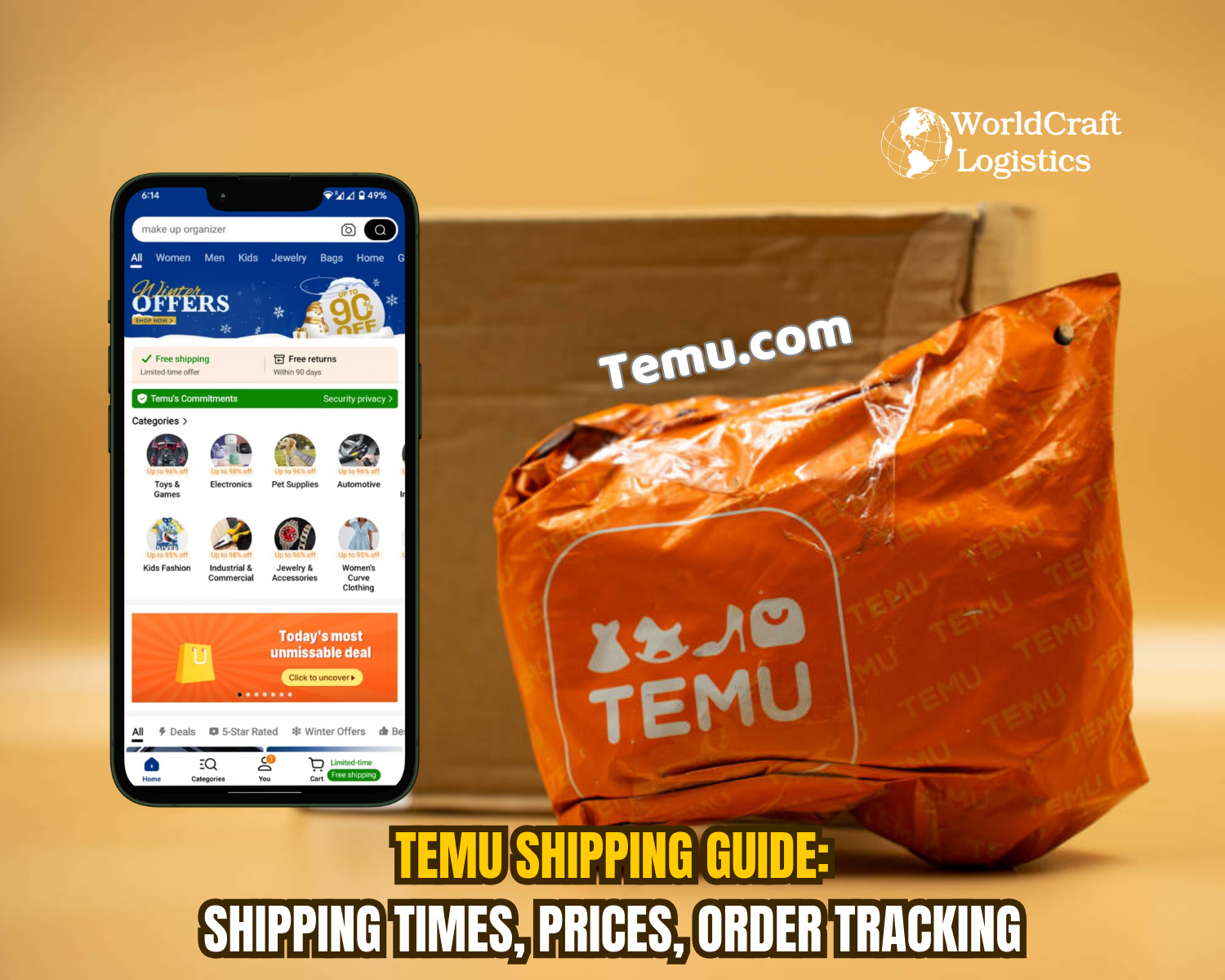
Education
01/05/2025
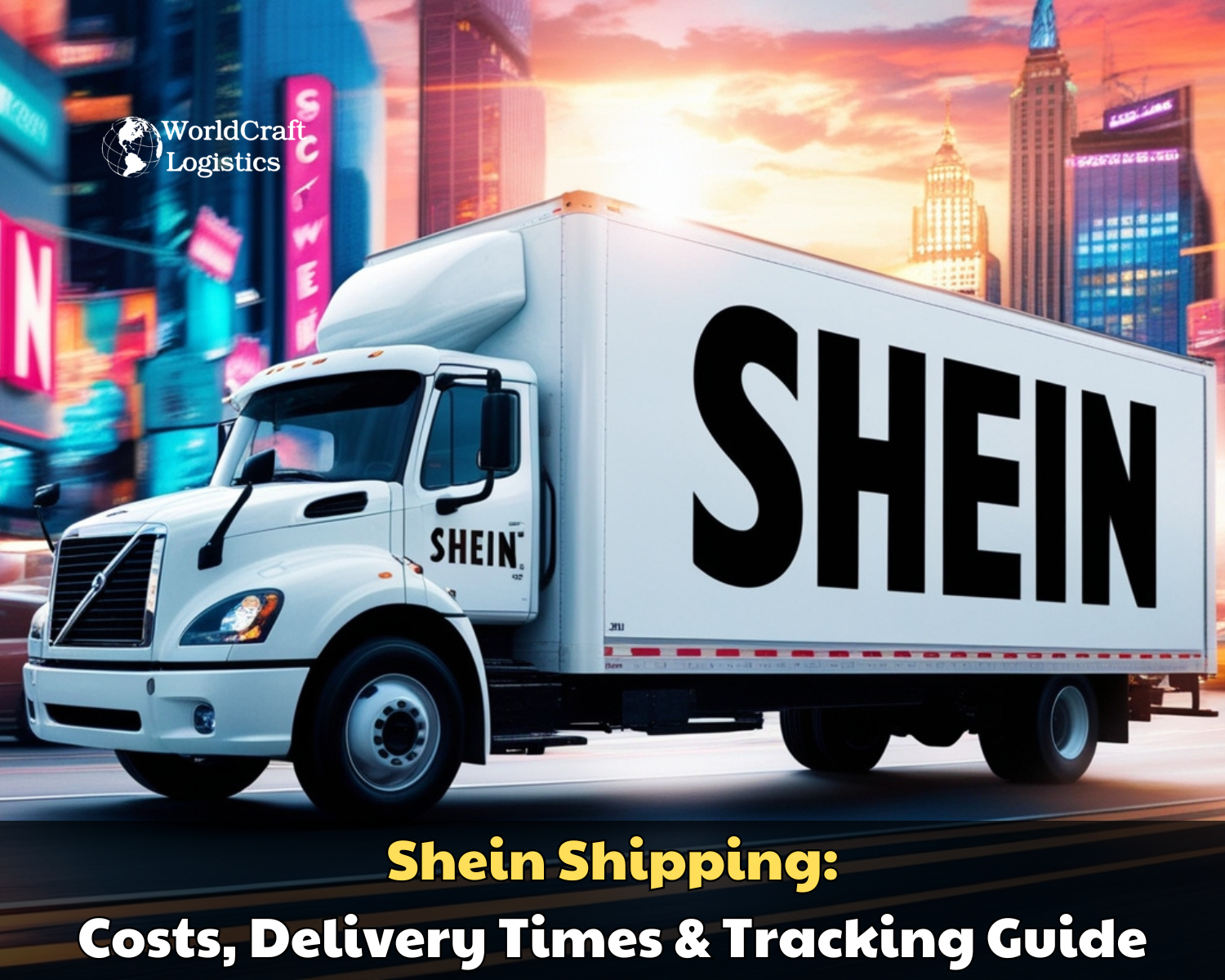
Education
02/18/2025
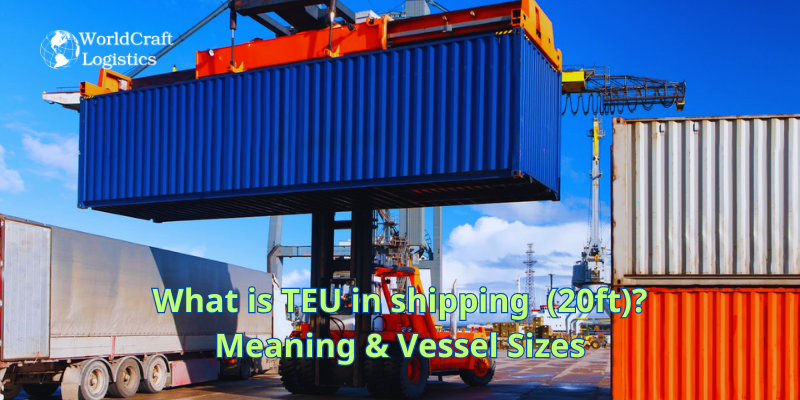
Education
01/01/2024
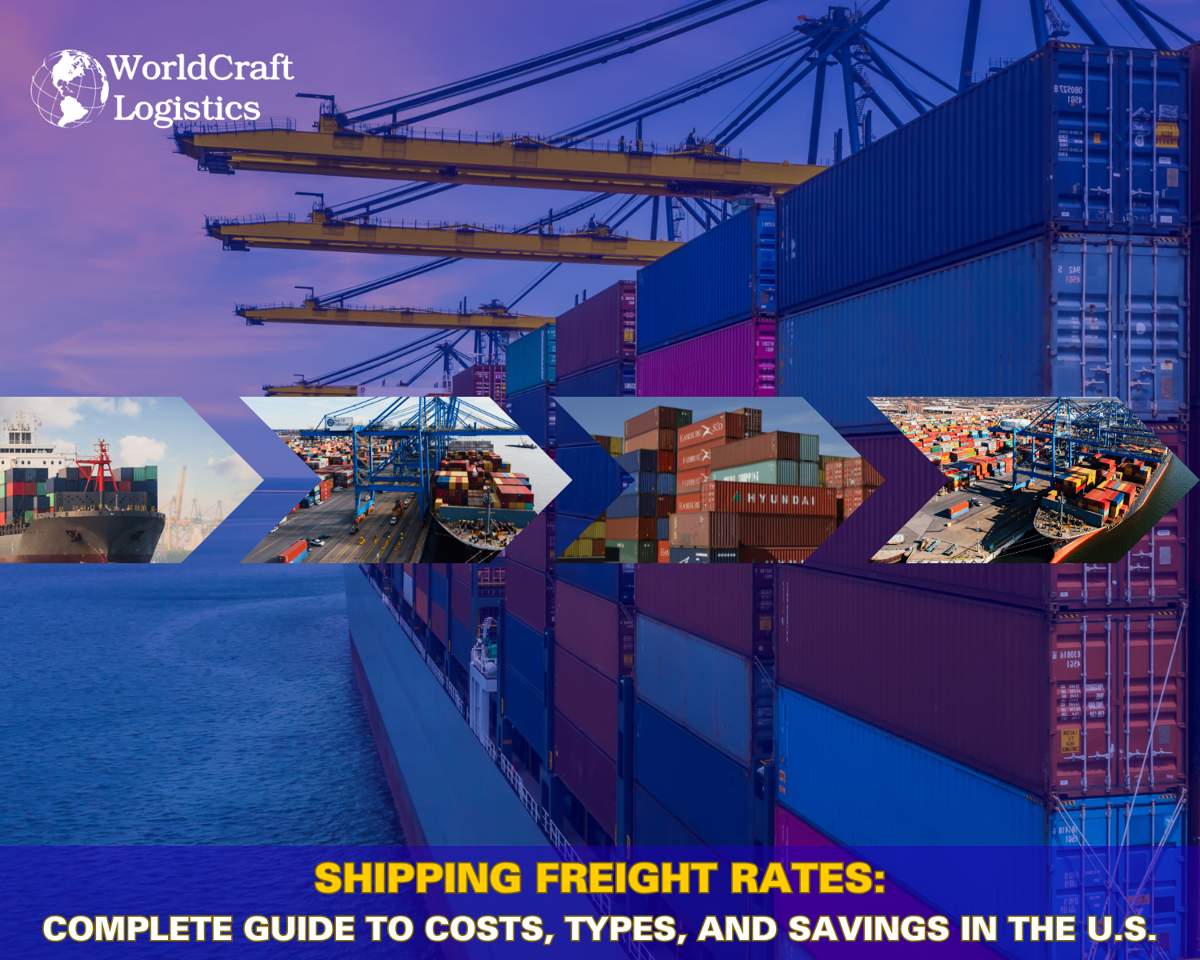
Education
09/09/2025
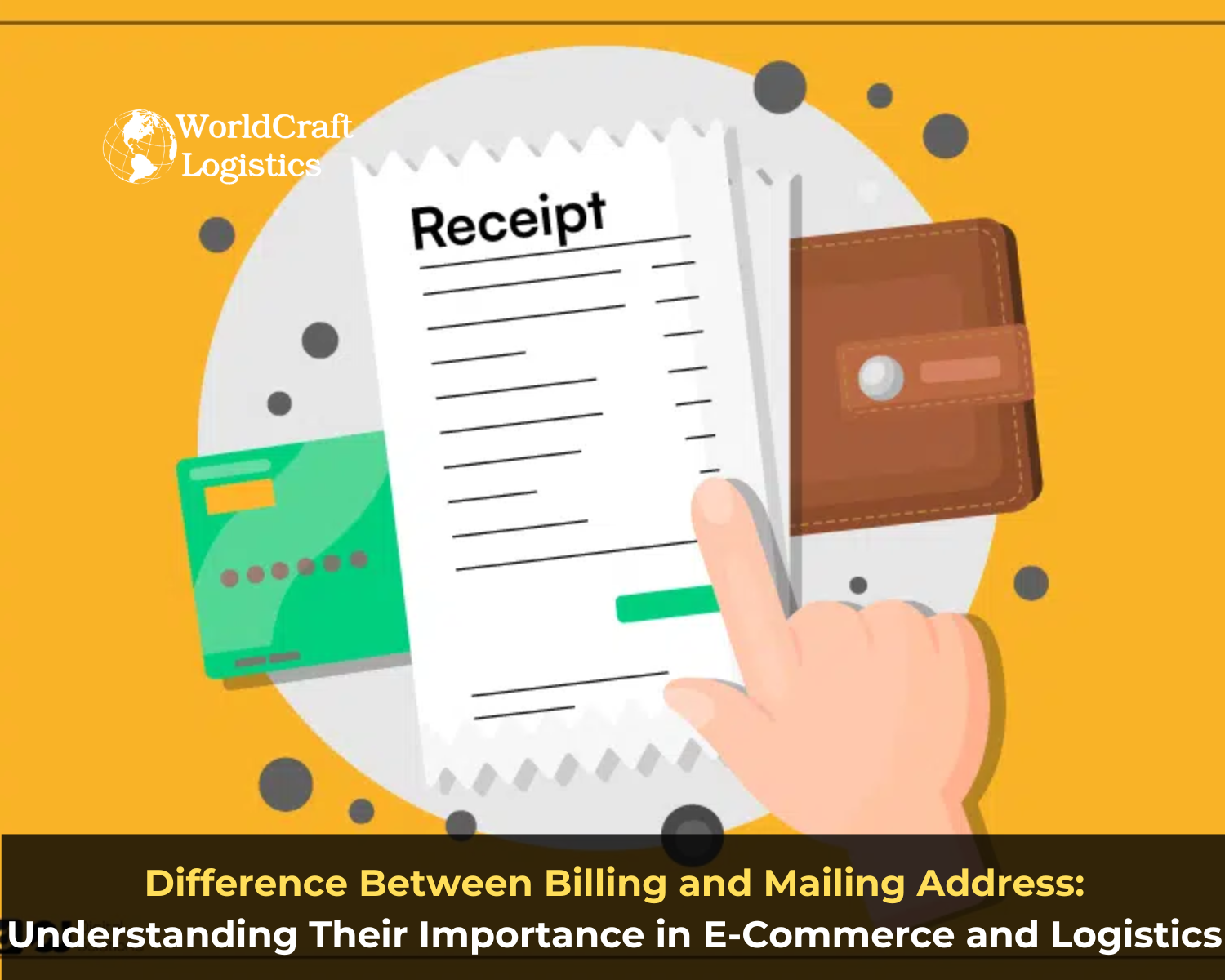
Education
08/28/2024